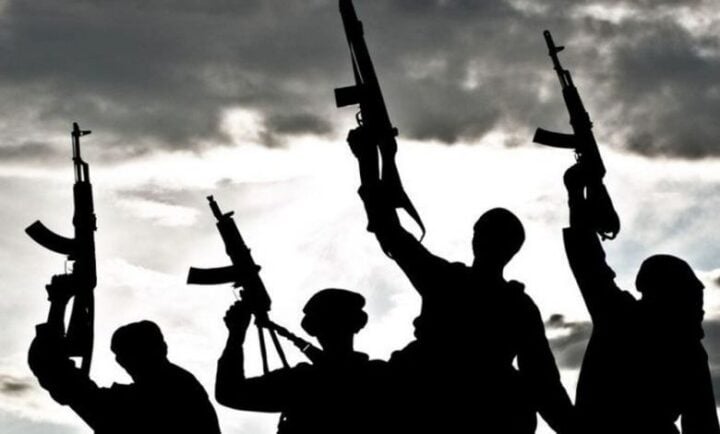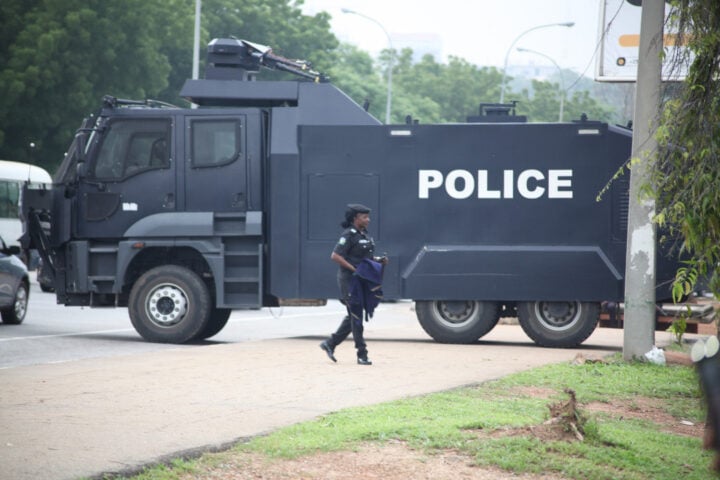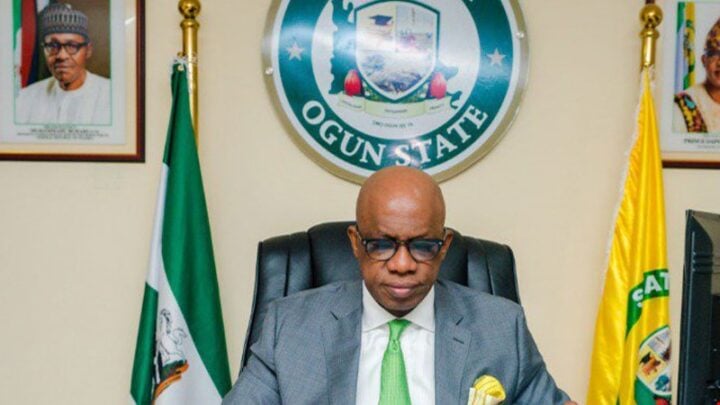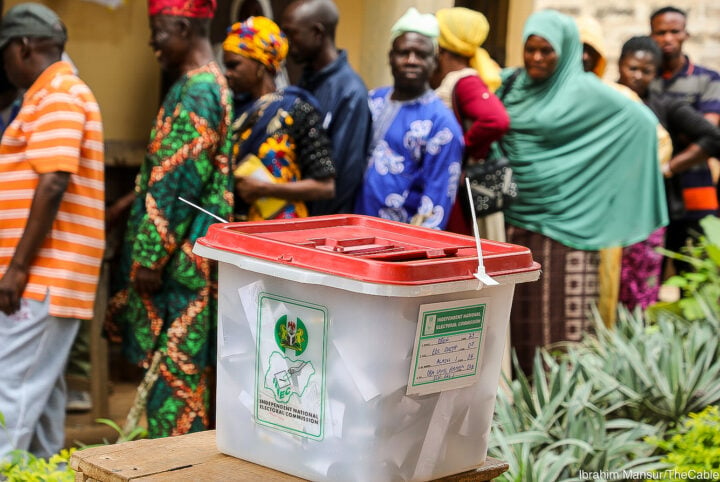BY ZOE MEBUDE-STEVES
In a letter to the China-Africa Peace and Security Forum on July 25, Chinese president, Xi Jinping, stressed the importance of the global security initiative (GSI) in safeguarding international fairness and justice. The initiative seeks to enhance military and technological cooperation between Africa and China. However, in reality, the development will worsen insecurity in Africa because it distracts from the main security threats facing many countries on the continent. The GSI ignores the terrorism and insecurity caused by poor standards of living. Instead of joining the GSI, African countries should address their challenges by establishing ad-hoc security initiatives (ASIs) and committing to free market policies.
African countries account for 18 of the 30 most insecure countries in the world. There is a security problem across the continent. However, this is not a problem that the GSI can solve. In its proposed commitments, the initiative is limited to resolving disputes between sovereign countries. Historically, conflicts in Africa often arise from internal challenges like inter-ethnic unrest and cross-border proliferation of arms and violence. These are areas that the GSI would refrain from intervening.
Instead, African countries can create ASIs to solve specific problems in the short term. An ASI is a temporary security initiative formed to solve a set of defined problems. These could range from natural disaster threats posed by droughts to sudden security threats in a defined community. For example, the Multinational Joint Task Force (MNJTF), which is an ASI, was formed by Benin, Cameroon, Chad, Niger, and Nigeria against Boko-Haram. The MNJTF has the single goal of combating Boko Haram and has achieved some notable successes over the years. This example shows that ASIs have an edge over broader security initiatives like the GSI.
Advertisement
ASIs have the added advantage of only existing to achieve their goal and are often dissolved once they have achieved success. This advantage eliminates the risks of African leaders using defunct ASIs to usurp power.
Equally, there is a link between poverty and insecurity. Unequal economic growth across Africa is a danger to both human and national security. Poverty leads to human suffering and creates grievances that result in violence and radicalisation.
More so, poverty levels can be reduced by introducing a free and fair market system that allows everyone to freely and fairly participate. Among the 18 insecure African countries mentioned earlier, over 60% of them are also among the 30 most economically uneven countries in the world. Rampant corruption across the continent means that many so-called free markets are not free.
Advertisement
The GSI is a dangerous distraction from Africa’s real security threats. If widely accepted, it could create the illusion of security while leaving people exposed to violence and death. Instead, ASIs should be created to solve pressing security issues. This alternative will ensure that lives and properties are secured in the short term. Free and fair economic policies should be concurrently pursued to guarantee long-term security.
Steves is a writing fellow at African Liberty
Views expressed by contributors are strictly personal and not of TheCable.
Add a comment






